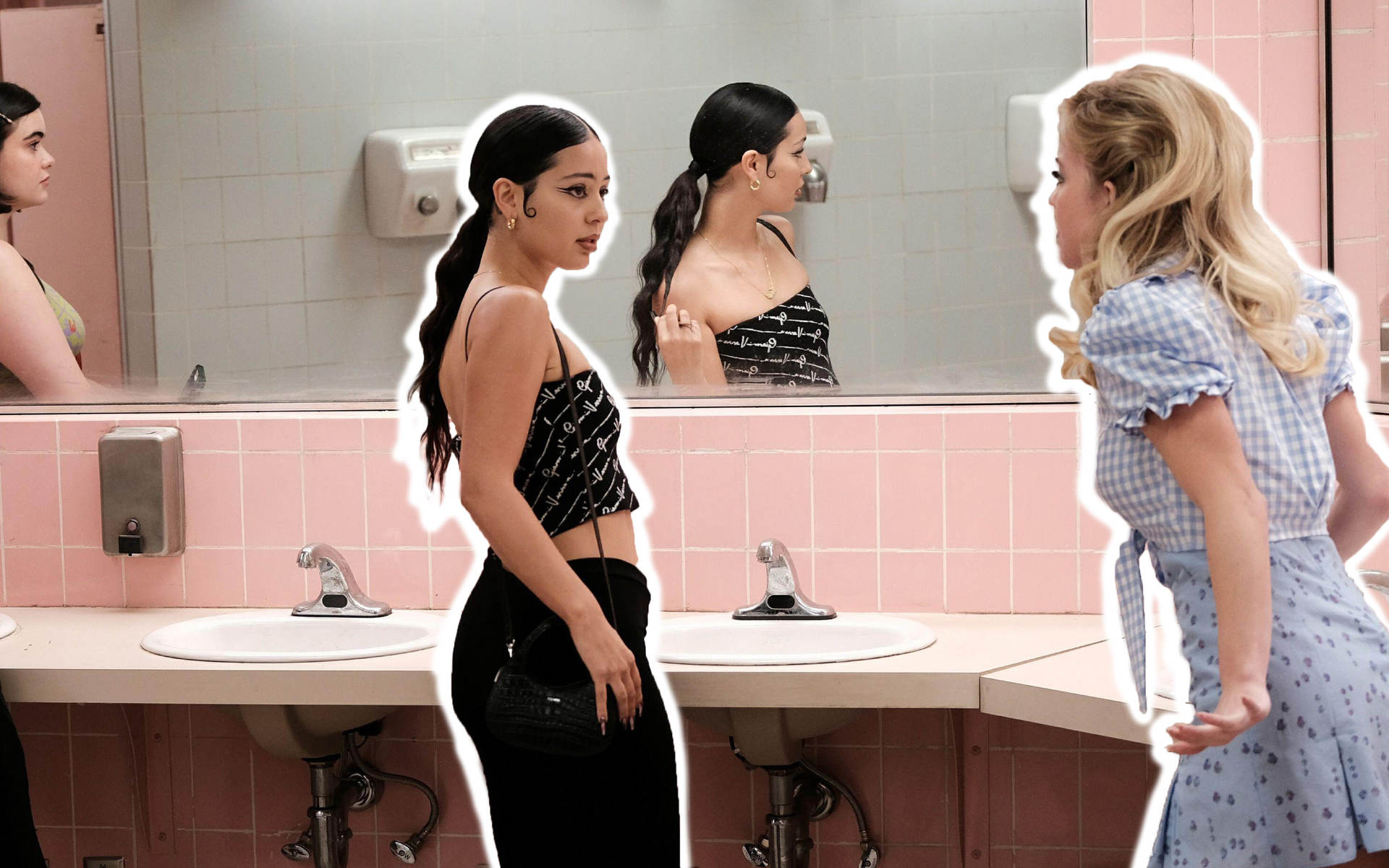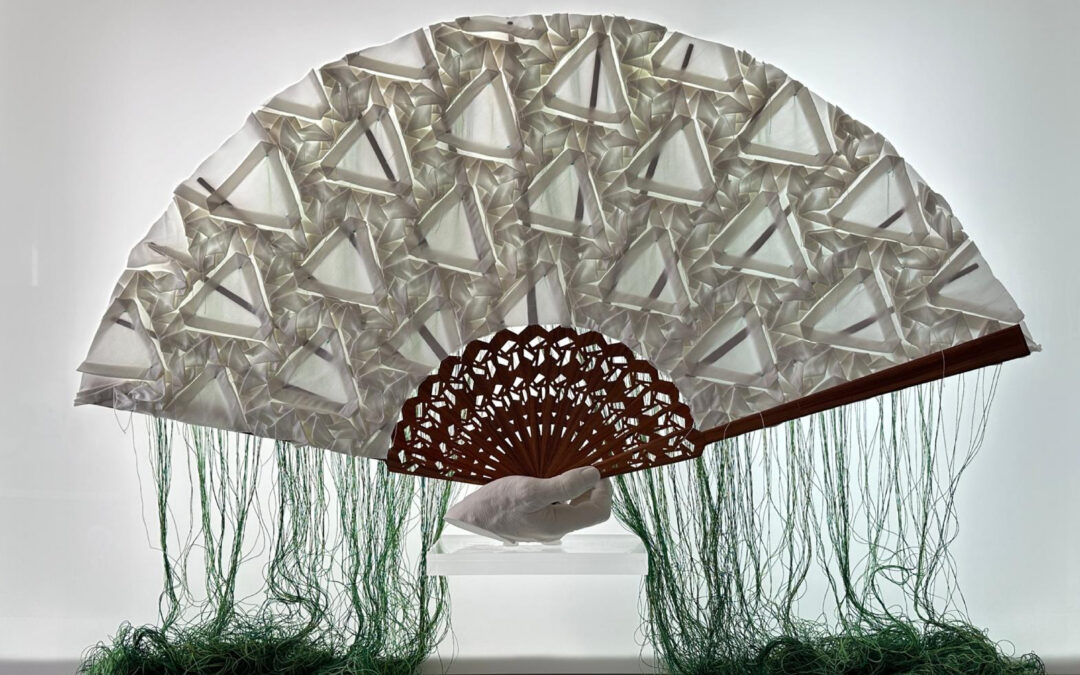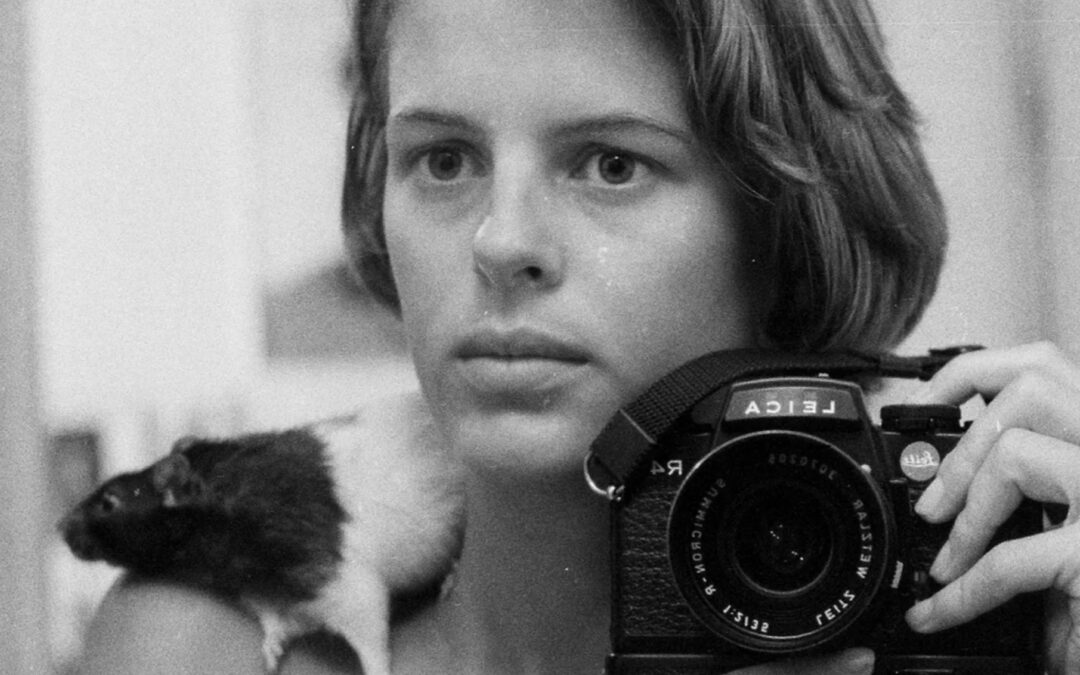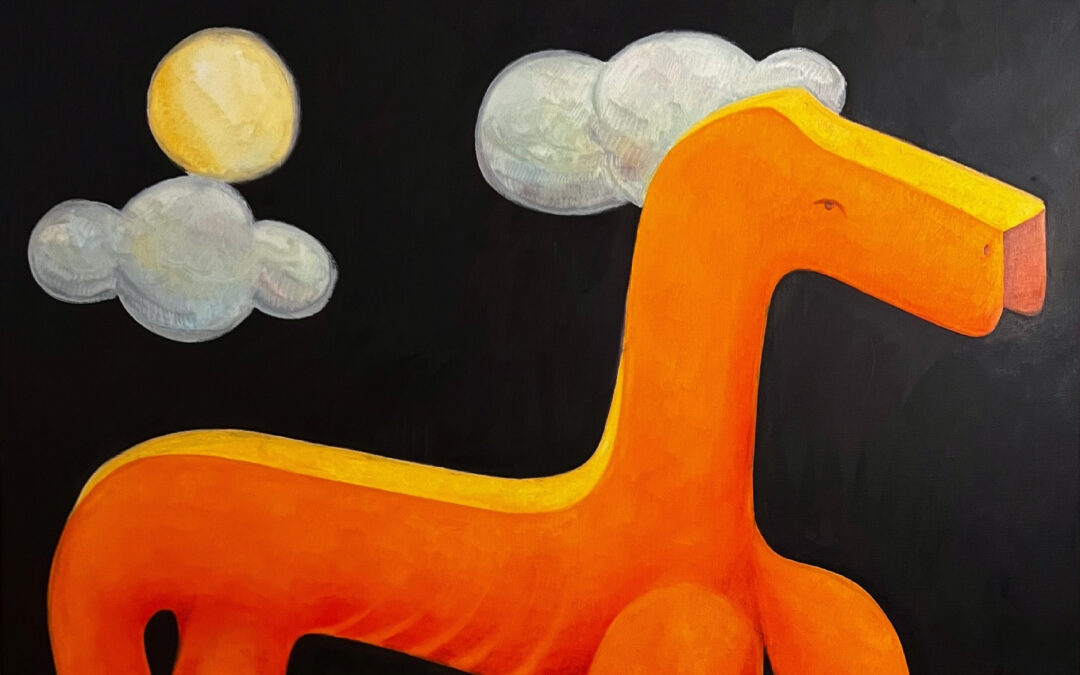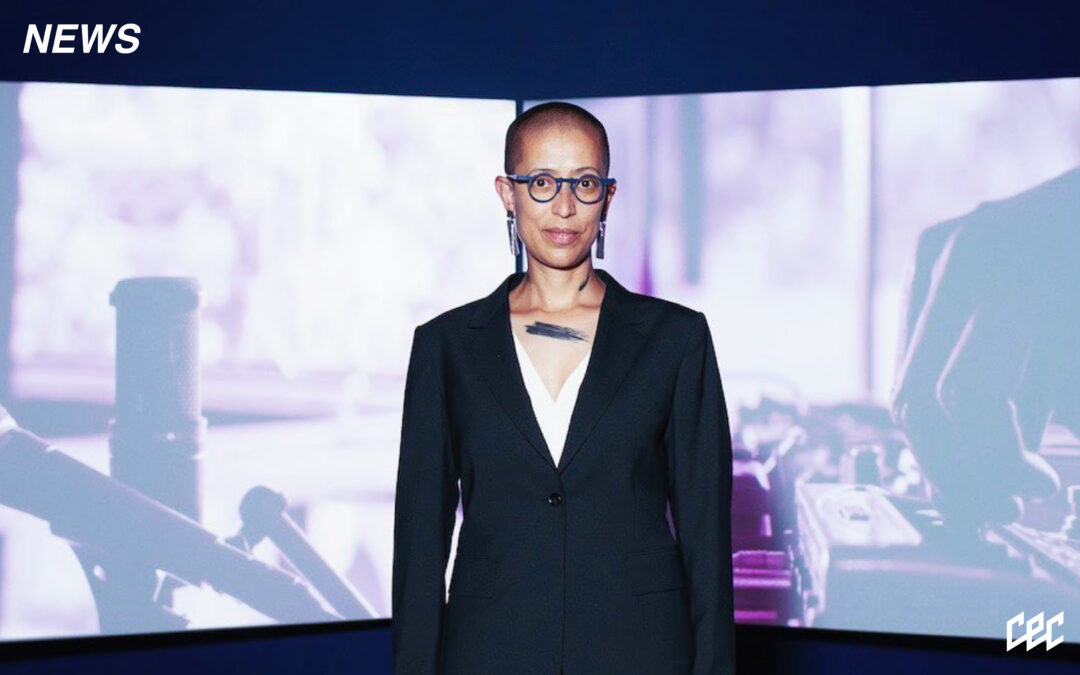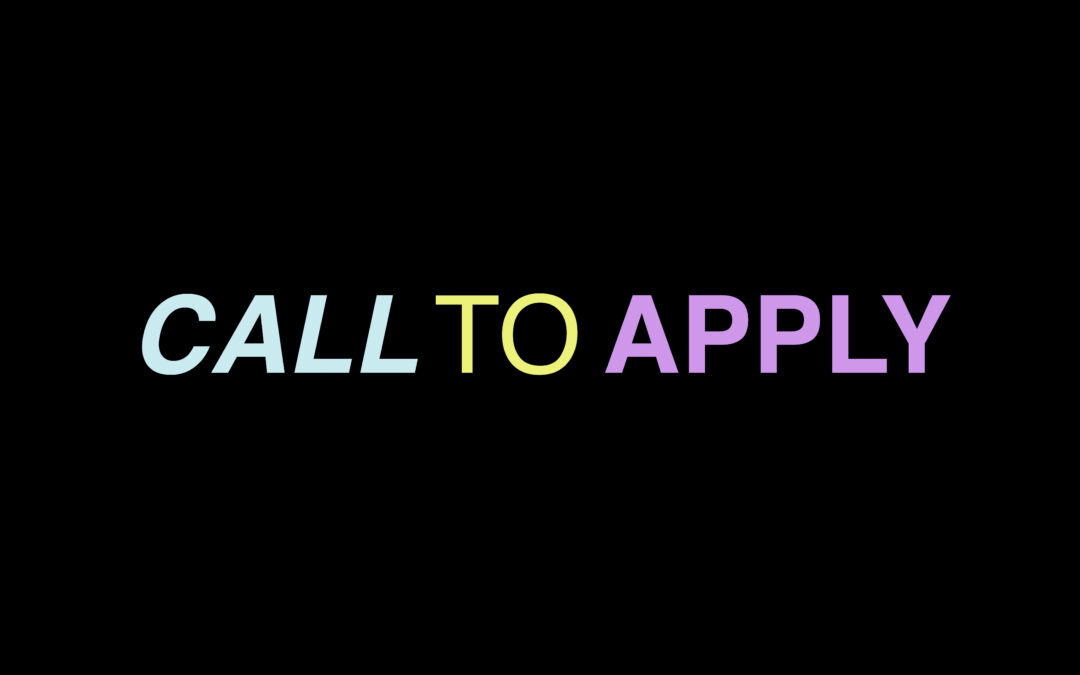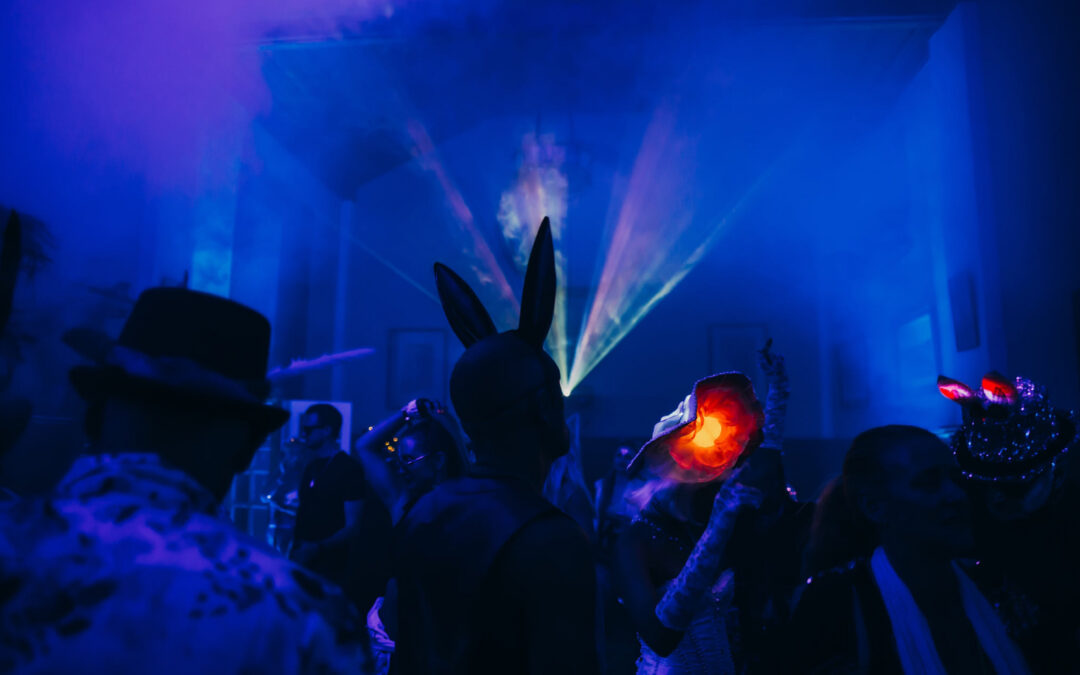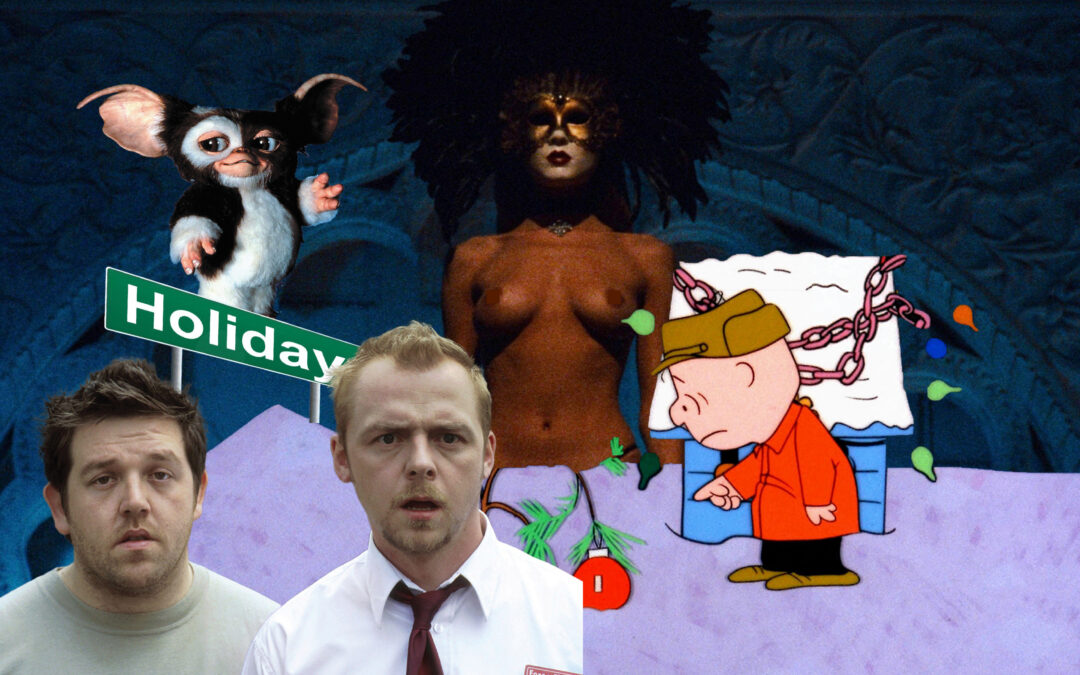“I felt like I was playing a character in other people’s lives,” Lola, 21, tells me over coffee at a Bootlegger. I look down at my order: Americano, no milk. It’s been my go-to for the past three months, when I decided after a life-altering breakup that I would become The Cool Girl™.
I glance at the people around us in their business casual duds knocking back Cape Town’s token brew and feel a twinge of shame. How many characters had I run through over the course of my life? The emo kid wearing long sleeves in 30-degree heat; the activist winning the sleep deprivation contest; the fashion critic rattling off The Row’s latest collection. And yet, none of them had felt authentic to who I was as an individual. When I crawled out of my relationship, stood up and dusted myself off, I looked around and realised I didn’t know who I was at all. Every iteration of me was just a porcelain doll moulded in the image of someone else.
The Cool Girl™ was my most monstrous creation yet. She was career-driven and romantically detached, yet completely defined by the people who’d call her their friend. I called this ‘growth’ and the people around me did too. But with enough time and doing the work, I’ve realised it’s something closer to codependency.
Codependency is a term you’ve no doubt come across, especially if you’re as chronically online as I am. It’s a form of “relationship addiction” with characteristics including difficulty making decisions, the need for approval, the need to control others, fear of abandonment, difficulty setting and respecting boundaries, and more. If your stomach just lurched a little bit, don’t worry, mine did too when I read that list, and it’s what led me to my conversation with Lola about her codependent friendship with her ex-BFF, Sadie.
She picks up her Vietnamese coffee and sips it.
“Sadie and I were one organism. We spent all our time together and were in constant communication. But we were so enmeshed that whatever she liked, I had to like too. Same for whatever she hated.”
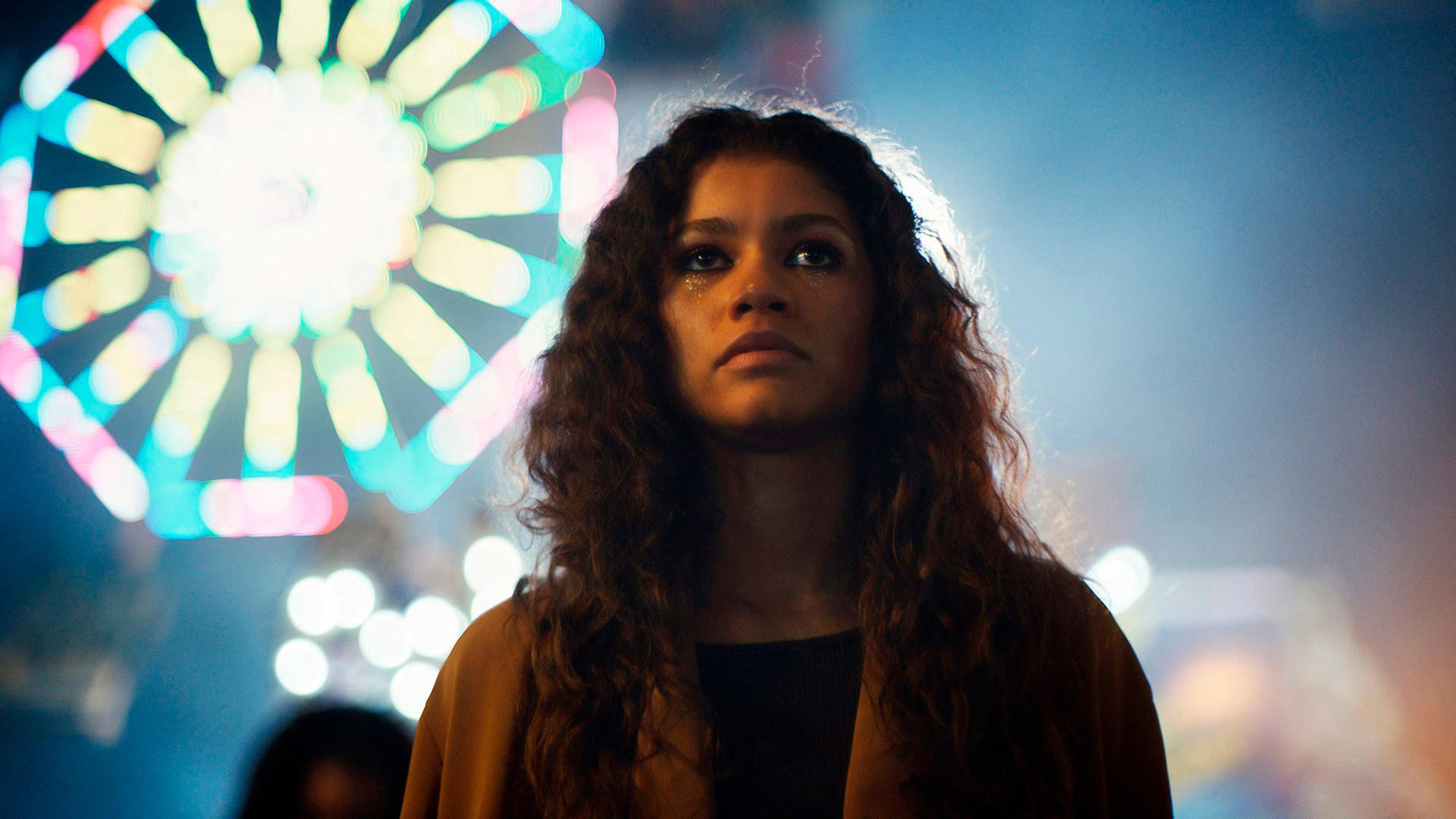
Image from “Euphoria” licensed by Alamy
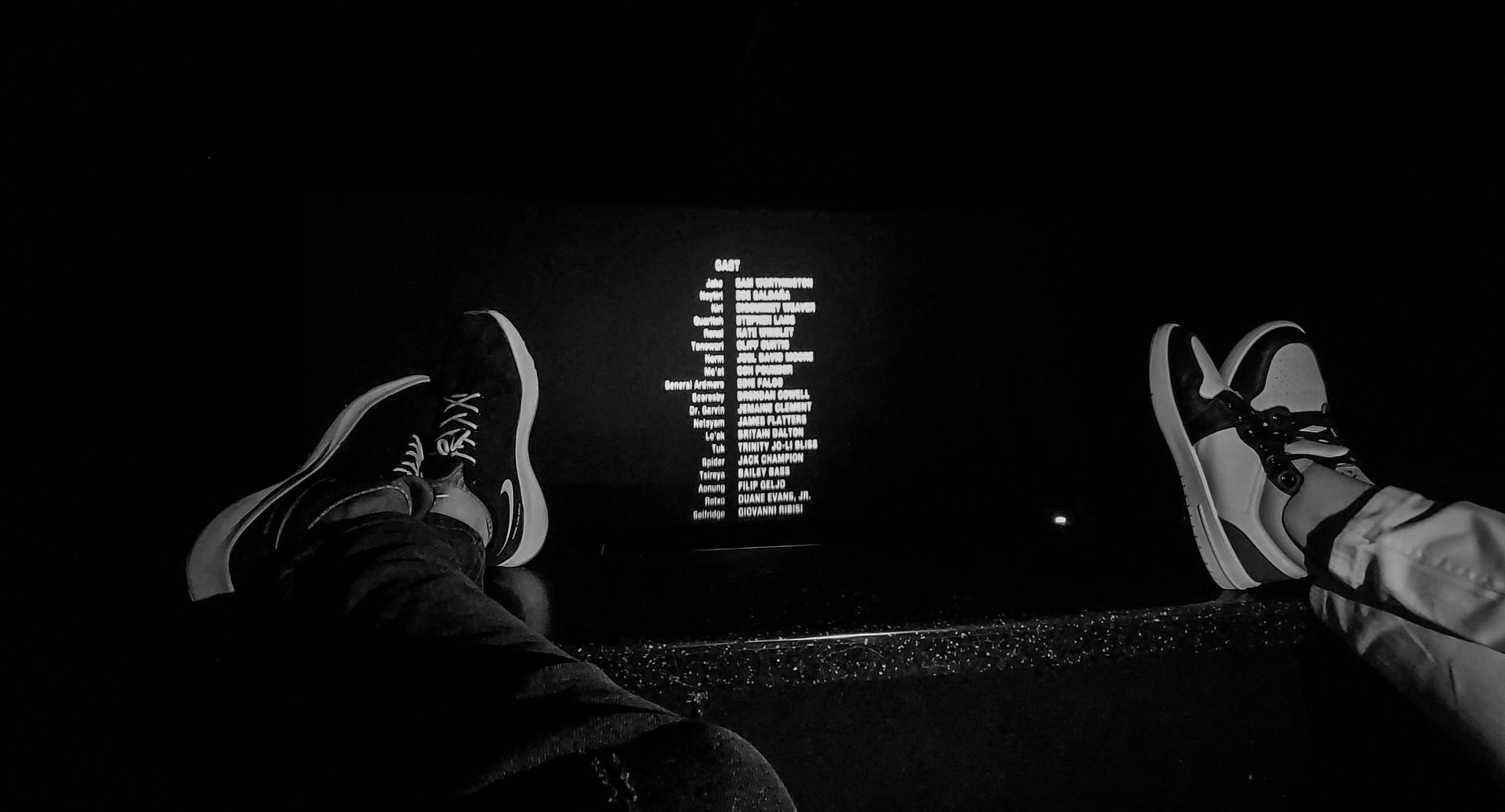
Image by Ammar Yasser, via Unsplash
I think I’ve seen this film before. Not just with my own friends, but in nearly all friendships portrayed in the media. Girls, Broad City, Sex and The City, Euphoria – the list of shows that unwittingly glorify codependent friendships, particularly among women, is endless. And it’s no wonder that we find ourselves mirroring them. Almost everyone I spoke to about their experience with codependency expressed a desire to have friends that were as tight-knit as the ones in these TV shows. And who can blame them? Adulthood is equal parts exhilarating and terrifying. When I realised my marriage was over and that I would be divorced before 30, the first thing I felt was gratitude that I wouldn’t have to do it alone. Unfortunately, I was just shifting from one codependent situation to another.
Whenever I think of codependency, I return to the penultimate episode of Girls, ‘Goodbye Tour’. Hannah is contacting her friends to help her make a decision about whether to take a teaching job upstate. It would mean leaving New York and the chaos she, Shoshanna, Marnie, and Jessa had mapped across the city for a stable job and a house in the country with her baby. When talking to Elijah about leaving, he responds, “We agreed to live here and suffer and be miserable in this Godforsaken rat hole together.” This line has gone on to define how I diagnose codependency for myself; a mutual contract of suffering.
This can also be described as the giver/taker dynamic, where the ‘taker’ needs the ‘giver’, who needs to be needed. It’s easy to see the giver as the victim in this scenario, but both parties, whether they’re privy to it or not, are fulfilling a need that hurts the other. The lyrics to Kacey Musgraves’ ‘Giver/Taker’ explain this perfectly:
I would give you everything that you wanted
And I would never ask for any of it back
And if I could take only as much as I needed
I would take everything you had
It’s no wonder that this dynamic is so prevalent in women’s friendships, considering that women are often conditioned to be carers, overinvesting themselves in their relationships to the point of unhealthy and abnormal enmeshment. There are so many reasons to fall into codependent friendships in the first place: who doesn’t want to give and receive that kind of support? Lola agrees when talking about Sadie, saying, “I felt like I was saving her by giving her access to my life. We shared Spotify and Netflix accounts, we even schooled together at home during lockdown. But now, being alone has healed a lot for me.”

Image by Pam Ivey, via Unsplash
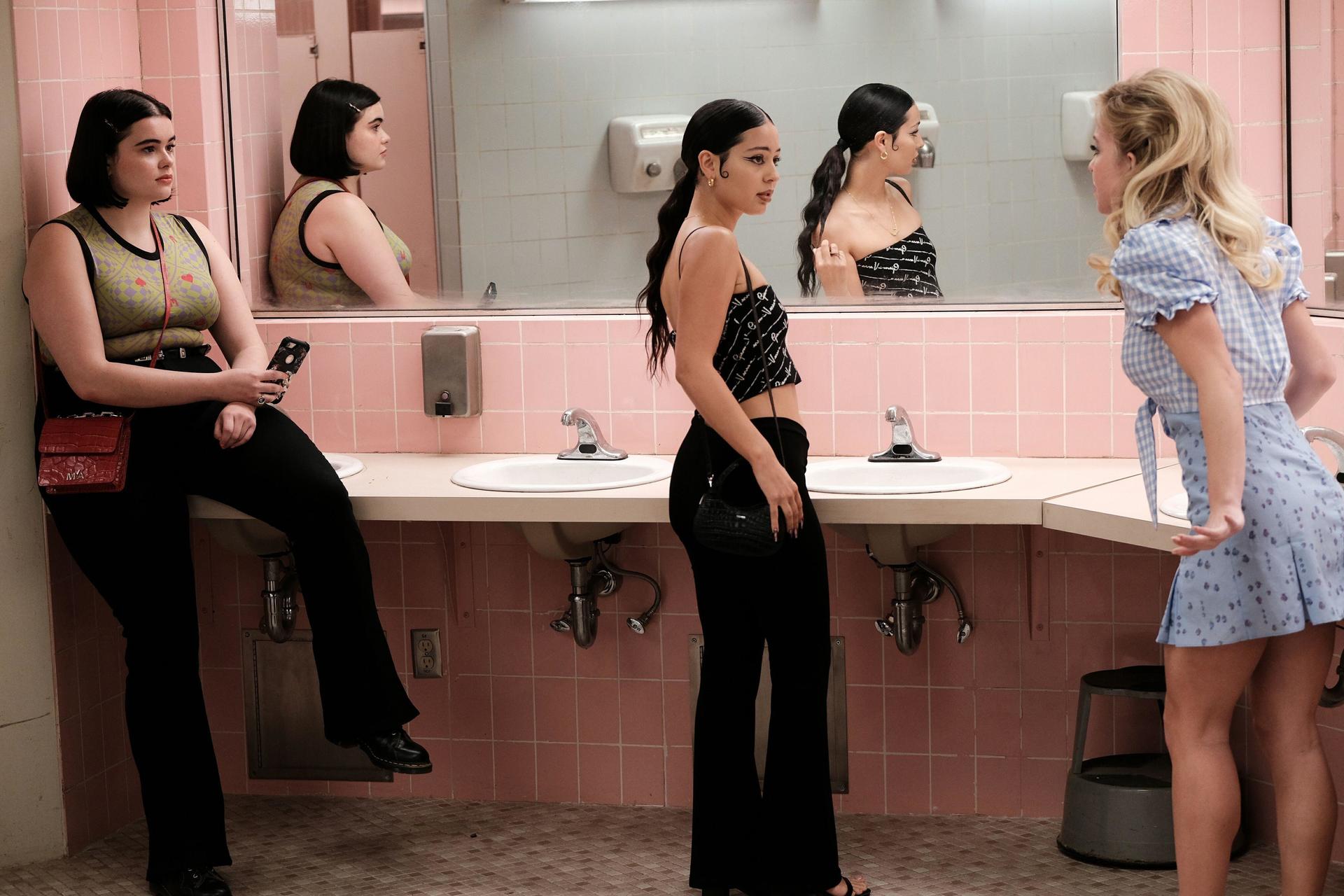
Image from “Euphoria” licensed by Alamy
“What’s that done for you?” I ask Lola.
“Well, I’ve learned that other people are temporary, but you are permanent. If it all goes to shit, at least I have myself. And that isn’t to say that people are replaceable. But they have to pass my isolation test: we have to be able to take time from one another and still feel secure.”
On the opposing end of codependence is independence, a state that The Cool Girl™ was desperately trying to occupy. Instead of being reliant on others, I’d be autonomous to the point of loneliness; instead of trying to control and being controlled by others, I’d overinvest in myself (with a predictable knockback on my ED recovery). Unlike Lola, I hadn’t realised that there was a middle ground called interdependence, which prioritises mutual care, co-actualisation, and a family-sized portion of boundary setting. Yes, you can be there for your friends; no, it should not be at the expense of yourself. Yes, you can ask for their advice; no, you can’t expect them to map your life out for you.
People like Lola and I had to learn this the hard way. We lost friends we loved. But in the process we also gained a lot of love for ourselves and the tools to invest in people for whom mutual support isn’t about filling a void. In Kacey Musgraves’ words:
No regrets, baby, I just think that maybe
You go your way and I’ll go mine
It’s been a real good time
Written by Ariana Smit
For more news, visit the Connect Everything Collective homepage www.ceconline.co.za

